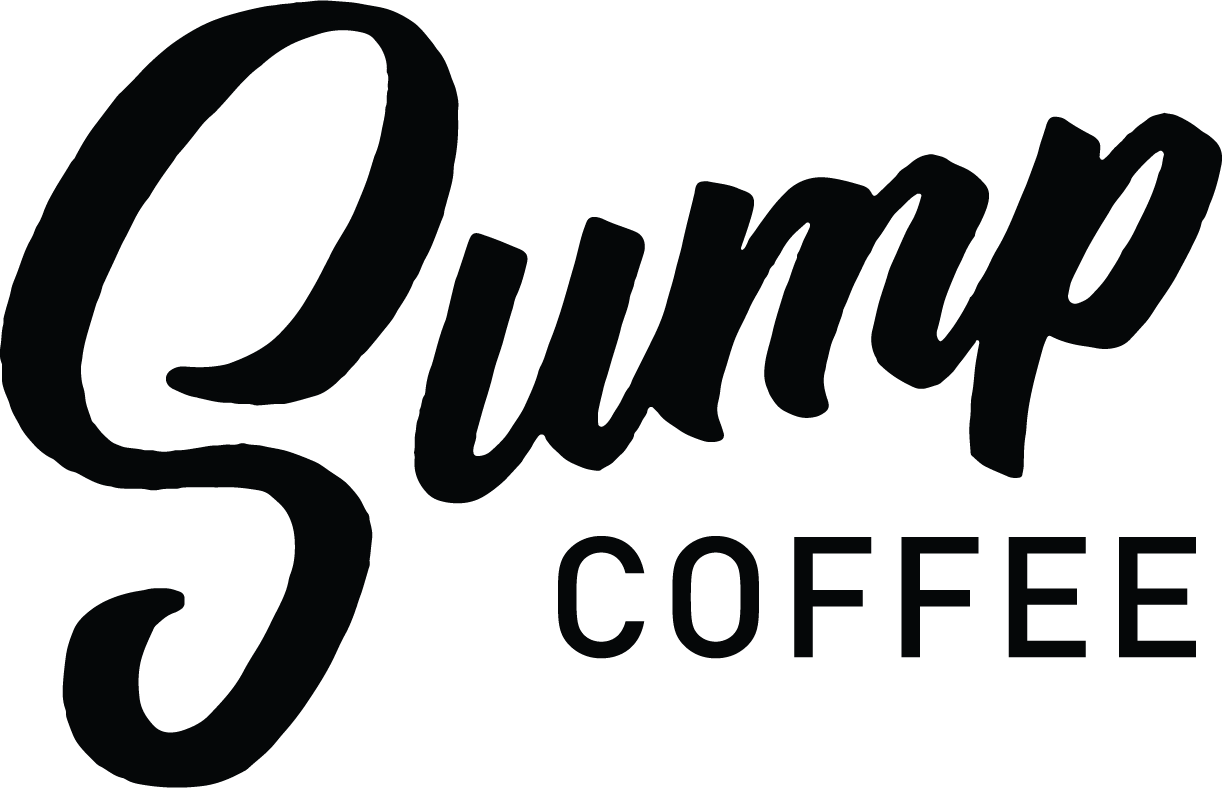THIRD WAVE COFFEE BY ANALOGY TO LUTHER’S PROTESTANT REFORMATION.
The story is that Luther’s 95 propositions were aimed at “eliciting the truth about the sacrament of penance” in the face of the then current practice of sales of indulgences. “These were a sort of certified check drawn by the pope on the ‘treasury of merit accumulated by the saints.’ In popular belief, buying one enabled the holder to finesse penance and shorten his or her time in Purgatory –or that of a friend or relative. Luther wanted to know whether any substitute for true remorse and active penance could be bought in the open market.” Essentially it involved more than questions of theology but questions of the administrative structure of the Catholic church and certain familiar corruptions such as “gluttonous monks in affluent abbeys, absentee bishops, priests with concubines, and so on. … The priest, instead of being a teacher, was ignorant, the monk, instead of helping to save the world by his piety, was an idle profiteer; the bishop, instead of supervising the care of souls in his diocese was a politician and businessman.” Now here is the key to my third wave coffee analogy, “[w]hen people feel that accretions and complications have buried the original purpose of an institution, [some individuals] decide that they want to be ‘cured of civilization’.” “They demand[ed] a full scale return to the conditions of the early church, sounding the theme of primitivism [or truth/foundations].” [All the above quotes are taken from Jacques Barzun’s “From Dawn To Decadence.”]
When coffee becomes 20 oz Cinnamon Dolce Lattes, Caramel Macchiatos, Eggnog Lattes, Pumpkin Spice Lattes, Peppermint White Chocolate Mochas, and the like (anything but coffee); the pendulum has to swing back the other direction –perhaps toward a coffee ‘primitivism’. The number of propositions may be fewer than Luther’s 95, but exist nonetheless and are in direct response to the current coffee hegemony. Super automation removes the craft (and essentially the creative soul) and frustrates the mind. As with any ‘revolution’ social positions and real property must change hands. With this analogy, this is merely metaphorical, or limited to changes in market share. To underscore the difference or perhaps the ‘rightness’ of this ‘coffee primitivism’ the ‘third wave’ coffee shops have to prove/demonstrate the exceptionalism in coffee (more importantly in their fairly traded, directly traded, curated coffees) and their investment and dedication to coffee. This is done, as with any correction, with extreme positions such as no sugar, hand brewing, slow brewing, lightest of light roasting, and menus without substitutions. The analogy can be extended a little further too. Not only was the Reformation a response to certain conditions of the time, it resulted in the rise of many religious factions and horrible ‘warring’ between the resultant factions. A war of words exists often times between various ‘leaders’ of the third wave coffee movement. As soon as someone proclaims a ‘correct’ brew method, roast level, or coffee-water dosing ratio another faction attacks and finds fault or error. The return to coffee primitivism also results in a fight within for leaders, ‘priests’, ‘bishops’ and ‘monks’ in the new order, like the Reformation, albeit bloodless.
